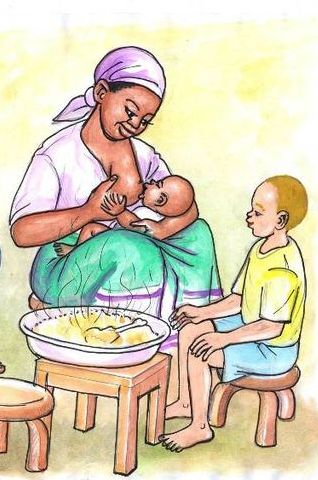
Creative Commons Attribution 2.0
Today’s hymn from Sing Praise is “O God, you search me and you know me” by Bernadette Farrell. By coincidence, it’s another setting of Psalm 139 (as on Friday last). Unlike the Taizé chant, which was set for cantor and congregation, this is a more straightforward congregational hymn or metrical psalm in five verses.
There’s therefore not much to add to what I wrote a few days ago, other than that (maybe because it’s by a female composer?) she includes the verse “You created me and shaped me, gave me life within my mother’s womb”. We who are not able to give birth obviously miss out on the joys, as well as the pains, of this experience common to nearly half the human race, but I presume it deeply affects any mother’s attitude to life, to have participated herself in bringing one or more people into the world.
Those who insist on referring to God only by male pronouns are missing much feminine imagery in the Bible of God as mother. As she spoke through Isaiah, “Can a woman forget her nursing child, or show no compassion for the child of her womb? Even these may forget, yet I will not forget you.”